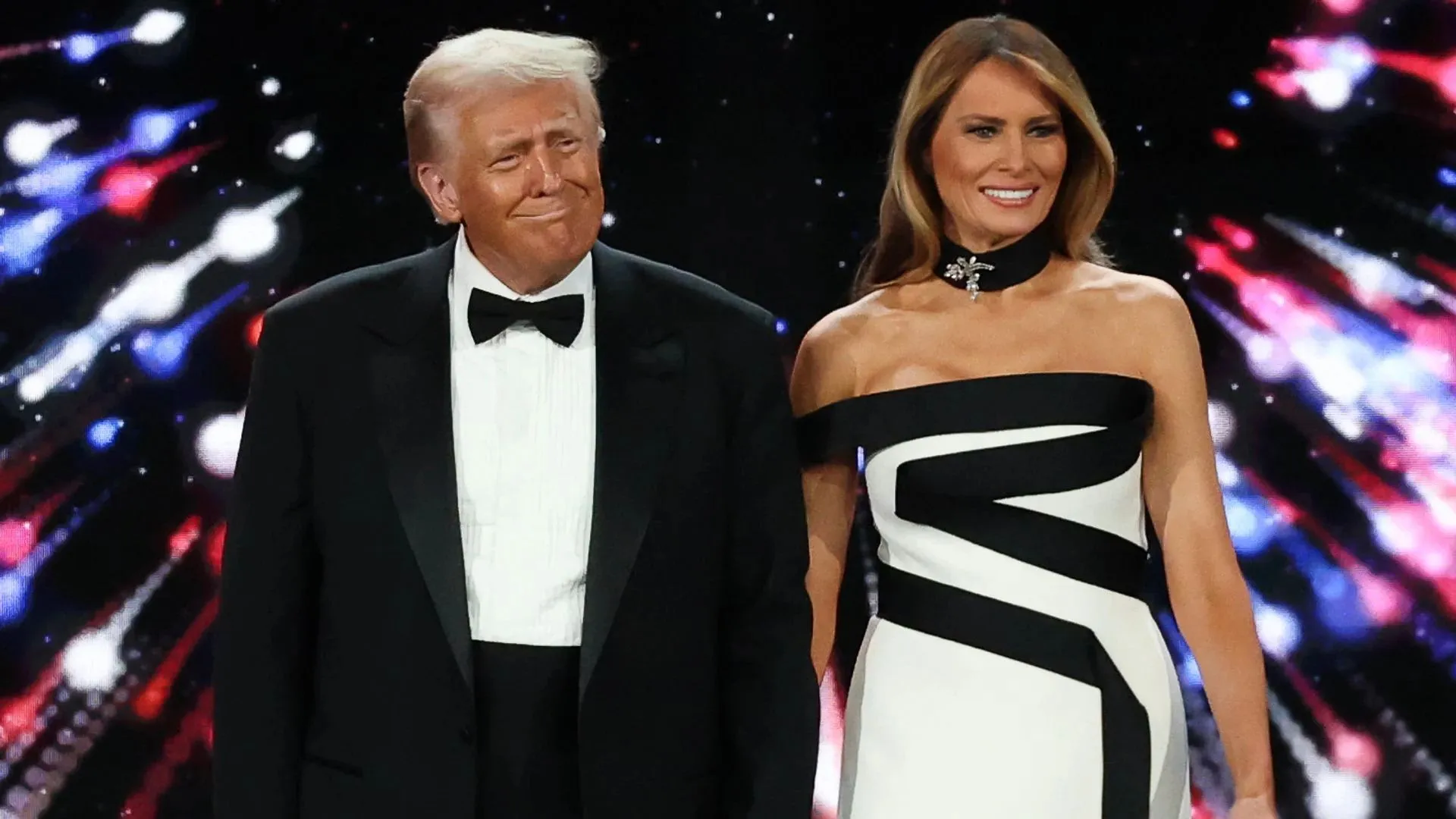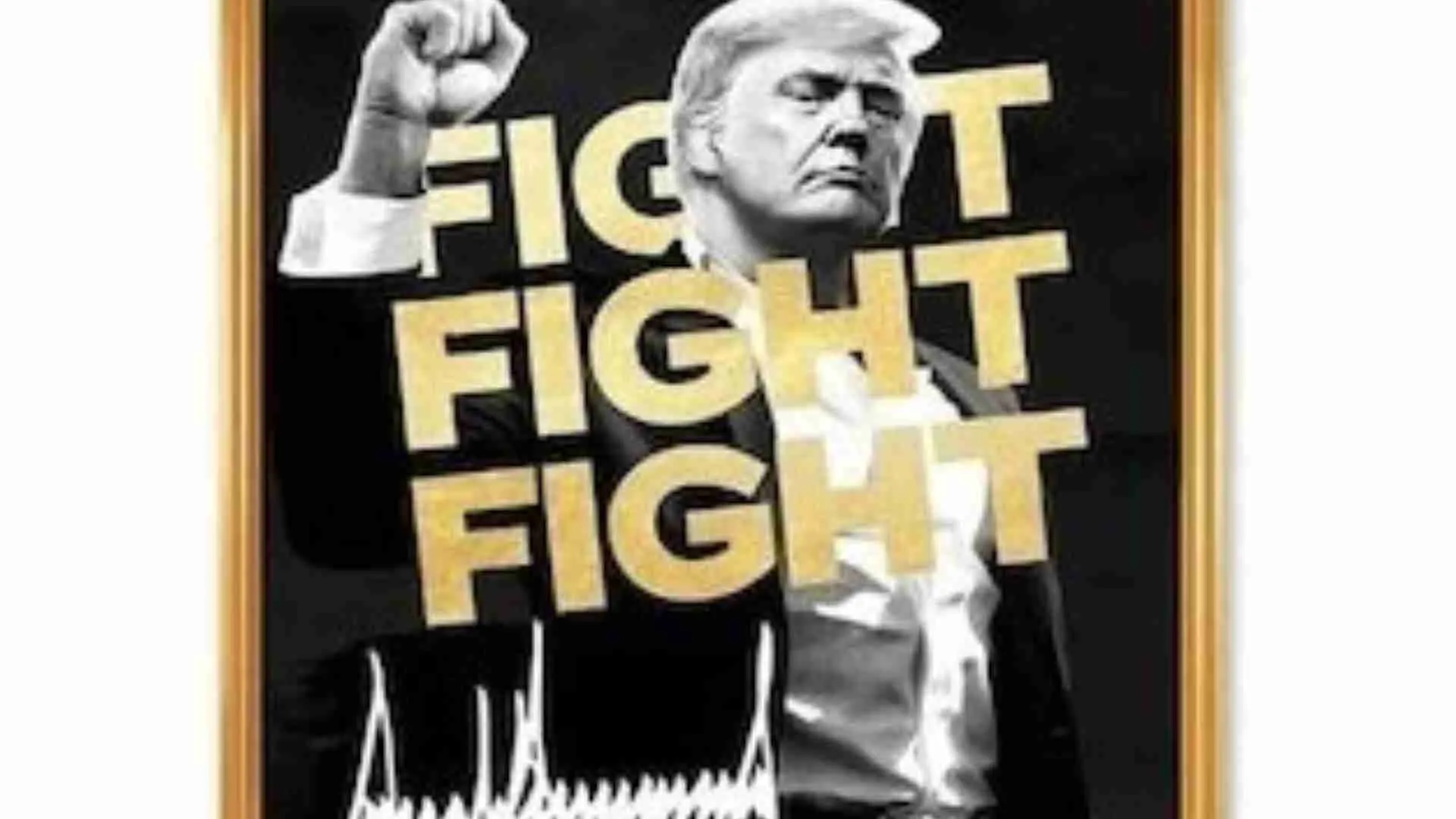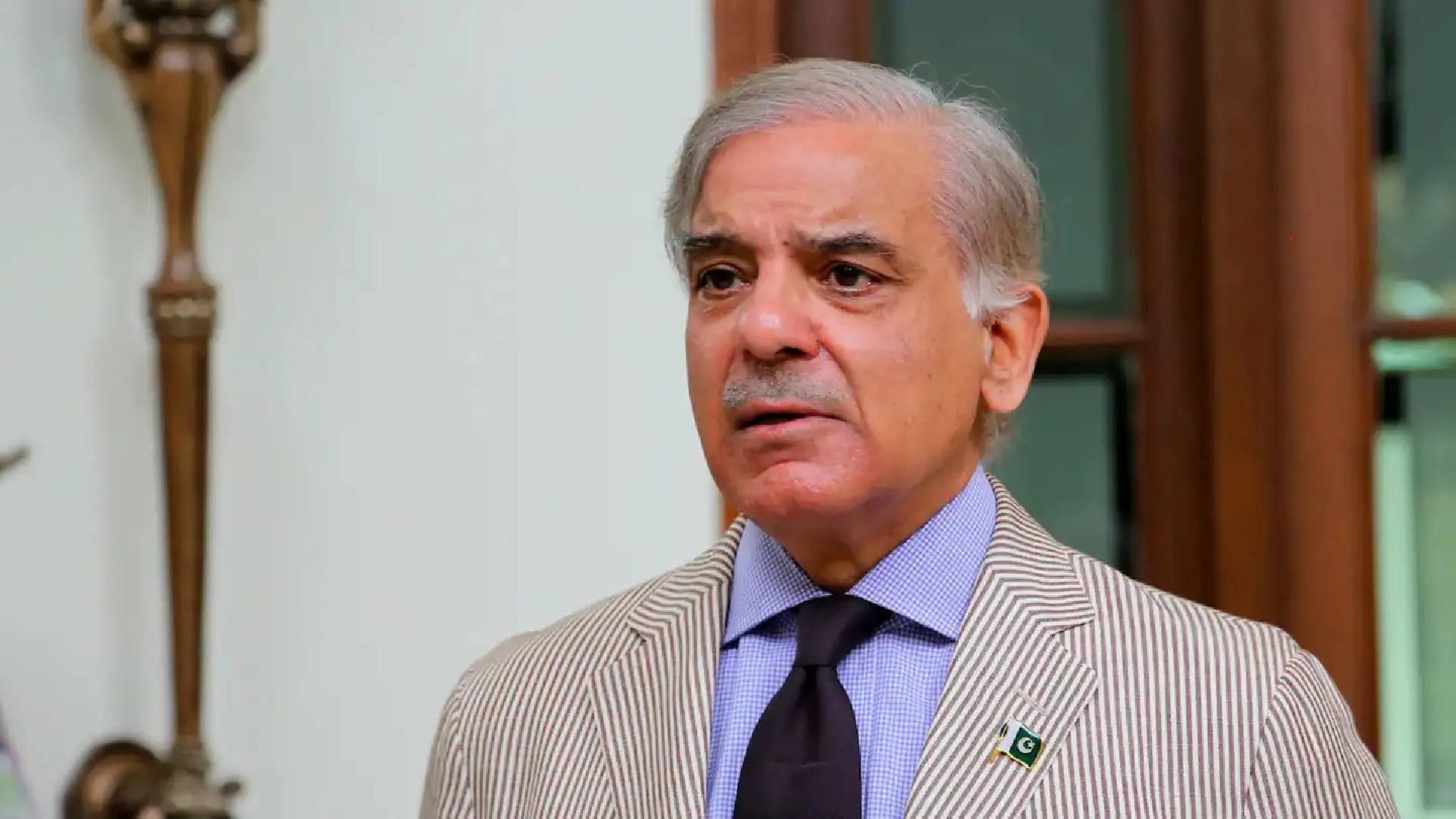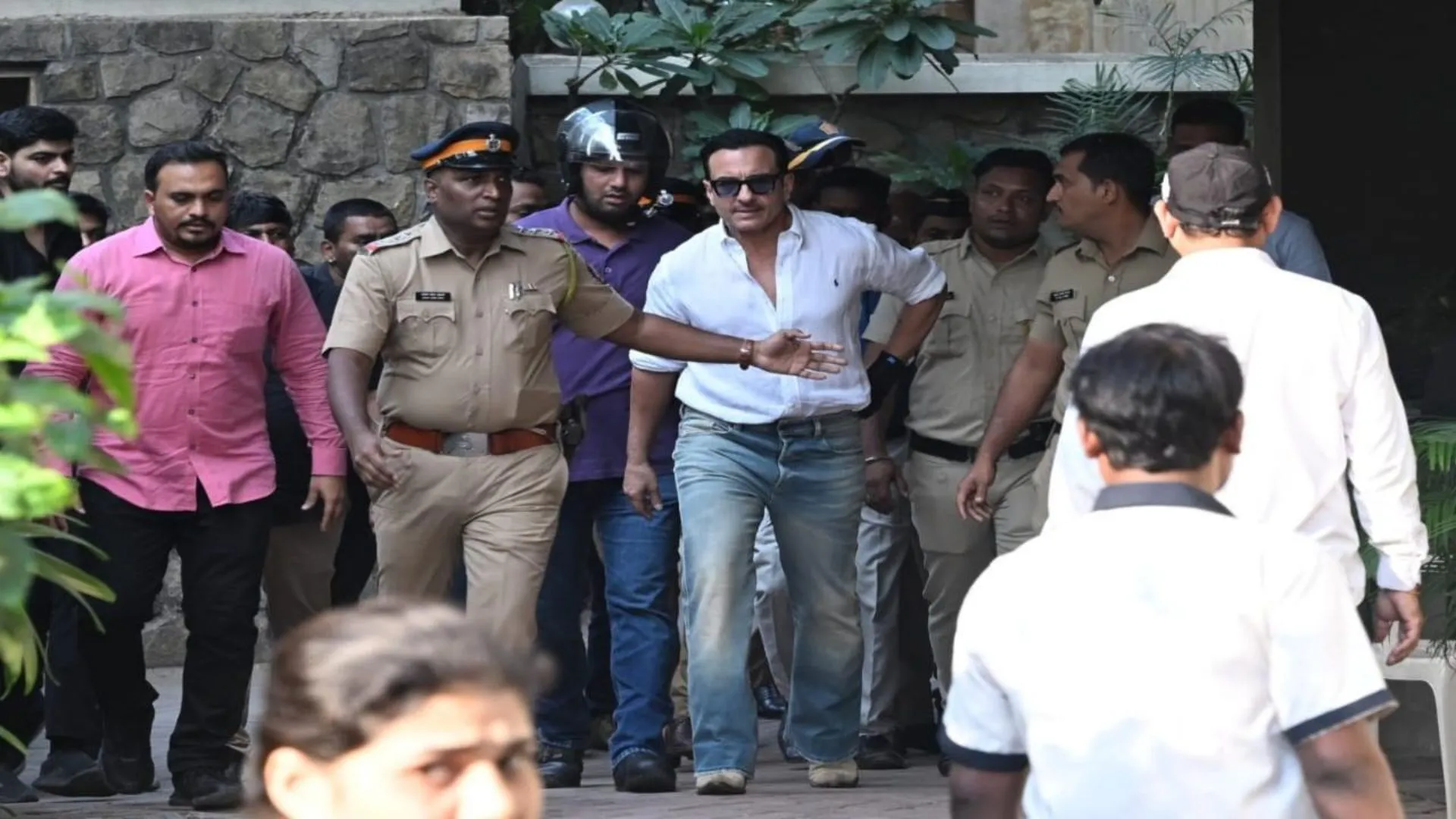The Khalistani protest outside the Indian High Commission in London on October 2 wherein the Tricolour was insulted has underlined the fact once again that the pro-Khalistani elements continue to misuse the UK’s asylum status to aid and abet terrorist activities against India. The UK government is yet to show a comprehensive action which includes a massive crack-down on these pro-Khalistan extremists who keep targeting Indian diplomatic missions in London and in other parts of the UK. The government led by Prime Minister Rishi Sunak in the United Kingdom must proactively act against pro-Khalistan elements. Mere tough reaction and stern message on the part of the British administration and authorities in London is not acceptable. There must be concrete and credible action against Khalistani extremists.
It is good that India has already mounted pressure on the UK to take action against the Khalistani elements who were involved in the incident that happened on October 2 in London. Arindam Bagchi, the spokesperson of the Ministry of External Affairs (MEA), on Thursday told media persons that the issue was raised with the UK authorities. “In the UK, there was a protest on 2nd October, and we certainly have taken up our concerns on security of diplomats and premises there with the UK authorities,” Bagchi said. While the British Prime Minister continues to reiterate that his government would deal with these elements strictly and sternly, there is no let-up in such activities in London and other parts of the UK against Indian missions and diplomatic installations. In the month of March this year, India had to summon a senior UK diplomat over the removal of the Indian flag atop the high commission building in London by pro-Khalistan protesters, accusing the UK of indifference to the security of Indian diplomatic premises. During a bilateral meeting with Rishi Sunak on the sidelines of the G-20 Summit in New Delhi last month, Prime Minister Narendra Modi raised issues related to rising cases of Khalistani extremism in the UK. Rishi Sunak also condemned the rising instances of hate crime in the UK instigated by Khalistani separatist groups. He assured that his government was taking strong steps to curb pro-Khalistani extremism. But what is a cause of greater concern is that the Khalistani separatist groups’ activities are on the rise in the UK despite all assurances from Rishi Sunak and the other British officials.
There must be a credible action by the British agencies against Khalistani extremists that could satisfy the Indian establishments. Significantly, the Indian delegation, during 5th India-UK Home Affairs Dialogue, had conveyed its concerns over what it called misuse of the UK’s asylum status by the pro-Khalistan elements in aiding and abetting terror activities in India. What needs to be recalled here is that the UK had announced additional funding to “tackle pro-Khalistan extremism” in August this year. The fund of around 1 crore was announced following a meeting between External Affairs Minister S Jaishankar and UK Security Minister Tom Tugendhat in Delhi. The information was shared with the media that the 95,000 pound investment was intended to enhance the government’s understanding of the threat posed by “pro-Khalistan extremism”. The fund was also to be used to enhance Britain’s capability to tackle ‘pro-Khalistan extremism”. The announcement of such a fund was surely a welcome development amid the growing concerns in India over increasing activities of pro-Khalistan elements in the UK and other security challenges. However, there must now be an update on how the fund is being used and what exactly has so far been done to enhance the capabilities to tackle pro-Khalistani elements in the UK. The UK government should share with India what concrete action-plan has been implemented on the ground so far to rein in these Khalistani elements.
Also, the result of the action taken by the British government as of now needs to be shared with India, as there has been an increase in anti-India activities by these elements there in London. Needless to say, India has repeatedly urged the UK to take action against extremist and radical elements – especially in the wake of attacks against the Indian High Commission in London earlier this year. But the issue of security continues to remain unaddressed, with the activities of pro-Khalistan elements continuing to increase. The UK must, therefore, take strong steps against Khalistani elements to protect India’s diplomatic premises, security of Indian personnel deployed there.

















